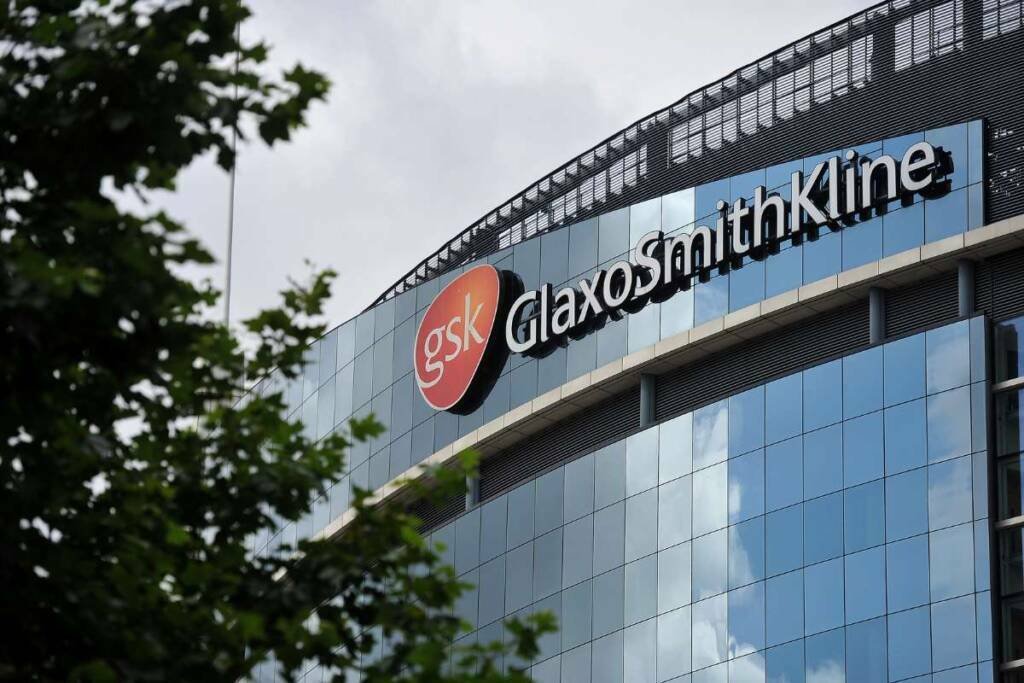Last week, GSK announced its intention to discontinue the commercialization of its prescription drugs and vaccines in Nigeria, planning to transition to a third-party direct distribution model. This shift is mirrored by GSK’s consumer health division, Haleon, which is also taking similar actions.
GSK has maintained a presence in Nigeria for over 51 years, as reported by Business Insider Africa. The decision to exit Nigeria, following a similar move in Kenya, stems from several factors, including challenges related to foreign exchange rates, security issues, escalating operational costs, and uncertainties surrounding policies.
Related: GSK Files A Patent Infringement Lawsuit Against Pfizer As The RSV Vaccination War Begins
This strategic choice will impact approximately 160 employees in Nigeria, according to information shared with The Financial Times by GSK.
The company executed a comparable strategic move when it exited Kenya in October of the previous year. In line with the Nigerian decision, GSK ceased its commercial operations in the country and transitioned to a distributor-led model for supply.
GSK’s operational adjustments are not limited to the African region. In November, the British pharmaceutical giant opted to phase out its consumer trade channel in India, leading to approximately 150 job reductions. The affected employees were previously responsible for managing orders from chemists and ensuring the availability of GSK’s consumer brands across stores throughout the country. These tasks have now been modernized with digital solutions.
Related: Endometrial Cancer Patients Get New Option With Jemperli
In the second quarter of 2023, GSK’s Nigerian operations generated approximately 3.73 billion Nigerian Naira (equivalent to $4.74 million), marking a significant decrease from the 7.45 billion Naira earned during the same period in 2022.





























